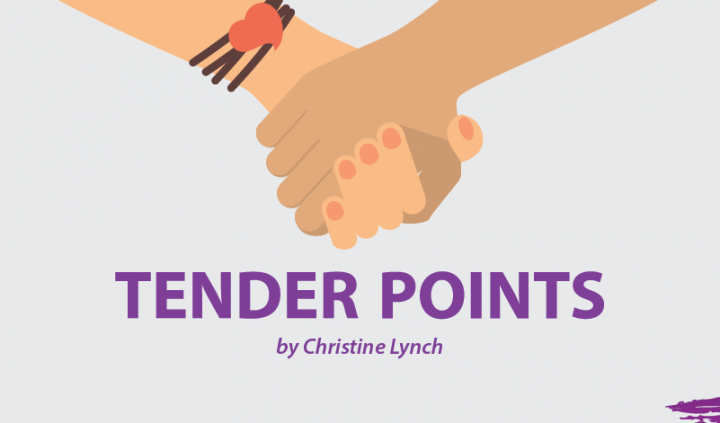If you’re reading this column, chances are you’re doing what I do nearly every day: searching for information about how to feel better. Since my diagnosis with fibromyalgia in 1990, I’ve become quite adept. For those who are newly diagnosed or new to research, the following resource guidelines I’ve compiled may be useful.
In many cases, a Google search for a specific symptom yields more helpful information than searching for fibromyalgia in general. That is because every fibromyalgia case is different. My most common symptoms are irritable bowel syndrome associated with diarrhea, muscle spasms, and profound fatigue. My friend who has fibromyalgia rarely is bothered by any of these complaints. Instead, she suffers from frequent migraines, total body pain, and cognitive dysfunction.
Be aware that there are different types of websites. If you find one that’s describing a fibromyalgia therapy or treatment, it’s best if the URL ends in “.org” (which usually denotes a nonprofit organization), “.edu” (which indicates an educational institution) or “.gov” (which is a federal government site). An internet address that ends with “.com” is a commercial site.
I encourage you to read Fibromyalgia News Today every week. This site has information about research studies, clinical trials, and news related to fibromyalgia, as well as weekly columns. This column is based upon my personal experiences. It often contains information about managing a specific fibromyalgia issue or an experience I’ve had.
I also recommend joining a chat room for fibromyalgia patients. I’ve been an active participant in PatientsLikeMe for years. Because it’s widely read, the chances are excellent that you will find patients with issues similar to your own. You can learn about treatments they’ve tried, what worked and what didn’t, and any side effects they’ve encountered. It’s a great feeling when you contribute a tidbit of your own that could help a fellow patient save time, effort, or money.
Books written by fibromyalgia patients are another source of information. The book I know best is my own: “More Than Tender Points.” I’ve had symptoms of fibromyalgia since childhood, and I give a firsthand, been-there, done-that account. I can almost guarantee that you’ll see yourself on many of my book’s pages, because my problems are your problems.
Your doctor should be your primary source of information, and the two of you should discuss any possible solutions you wish to incorporate into your treatment. An open-minded doctor will be pleased that you’re taking an interest in improving your health. It is your body that’s being discussed. No one should have a louder voice in that discussion than you.
***
Note: Fibromyalgia News Today is strictly a news and information website about the disease. It does not provide medical advice, diagnosis, or treatment. This content is not intended to be a substitute for professional medical advice, diagnosis, or treatment. Always seek the advice of your physician or other qualified health provider with any questions you may have regarding a medical condition. Never disregard professional medical advice or delay in seeking it because of something you have read on this website. The opinions expressed in this column are not those of Fibromyalgia News Today, or its parent company, BioNews Services, and are intended to spark discussion about issues pertaining to fibromyalgia.

